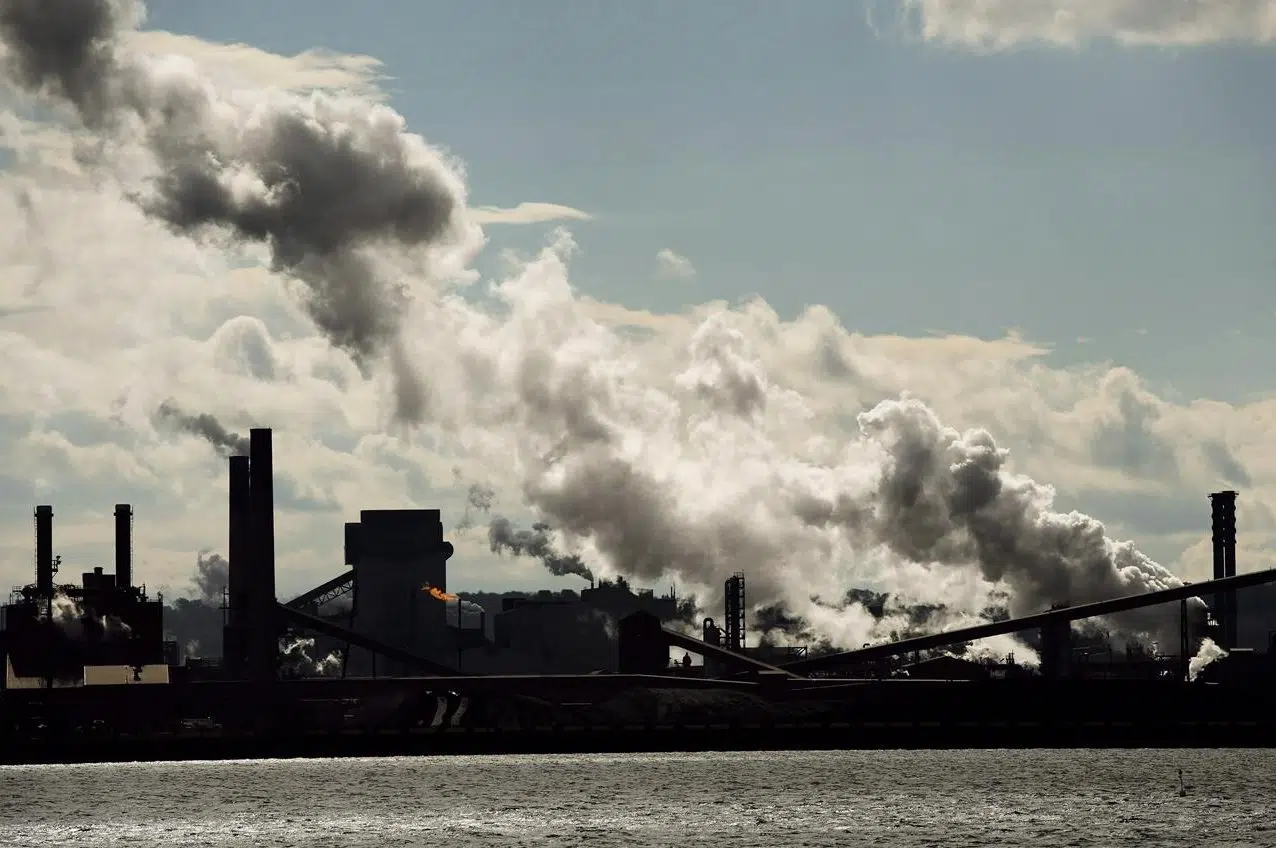TORONTO — Ontario’s constitutional challenge to Ottawa’s imposition of a carbon charge was left in the hands of five Appeal Court justices on Thursday after the hearing wrapped up with each side pressing the court to find in its favour.
In closing submissions, a federal lawyer warned that climate change posed an urgent threat. Ottawa, she said, has addressed an issue of national concern in a manner that respects provincial jurisdiction.
Ontario, however, stood by its view that the Greenhouse Gas Pollution Pricing Act — if deemed constitutional — would undermine co-operative federalism by allowing Ottawa to overstep the dividing line between federal and provincial spheres of authority.
“It governs a broad range of activities that are in provincial jurisdiction,” Ontario lawyer Josh Hunter said Thursday in his closing comments. “It is not appropriate for a federation.”
The judges, who peppered the various counsel with questions throughout the proceedings, reserved their decision.
Over the course of the four-day hearing, Ontario’s highest court heard warnings about the dangers of unchecked greenhouse gas emissions. Indigenous groups, for example, stressed their vulnerability to global warming they said could destroy their way of life.
Federal lawyers argued the act is a legitimate response to potentially catastrophic climate change. The act, which only applies in Ontario, New Brunswick, Manitoba and Saskatchewan — four provinces Ottawa says don’t meet national standards — imposes a levy on gasoline, other fossil fuels, and industry.
The law, federal lawyer Sharlene Telles-Langdon said, would not result in an expansion of constitutional powers that would give Ottawa carte blanche to regulate issues that fall squarely within provincial jurisdiction — a claim made by Ontario and its supporters.
The federal government maintains the levy in Ontario — currently four cents a litre on gasoline — is a regulatory charge designed to change behaviour in favour of lower greenhouse gas emissions. Ontario calls the charge an illegal tax — another violation of the Constitution — a position it repeated in final submissions.
During the hearing, opponents of the act raised scenarios in which Ottawa could now ban wood-burning fireplaces, limit how warm or cool people could keep their homes, or when they could drive. Proponents of the law denounced those notions as “alarmist.”
In all, 14 interveners — among them some provinces, Indigenous groups and environmental and business organizations — lined up to defend or attack the federal law, with most siding with Ottawa.
One supporter, British Columbia, argued the act does not prevent provinces from adopting their own approaches to climate change. For its part, Saskatchewan, which is awaiting its own Appeal Court ruling on a similar challenge, maintained the Liberal government in Ottawa was using a “big stick” to force its will on four Conservative provinces for purely political reasons.
While the intricate constitutional issues at play over federal and provincial division of powers and Ottawa’s ability to levy the carbon charge were fought in the legal arena, some observers said the case was as much about politics and ideology as it was about law.
“Wherever there is a thorny political problem, and this is very much one in Canada, it’s common for politicians to say, ‘We should let the courts decide’,” said Simon Archer, a Toronto lawyer with expertise in environmental law. “It’s a government saying, ‘We want the court to take the heat for this problem and not us’.”
It will likely take several months for the judges to rule.
Colin Perkel, The Canadian Press







